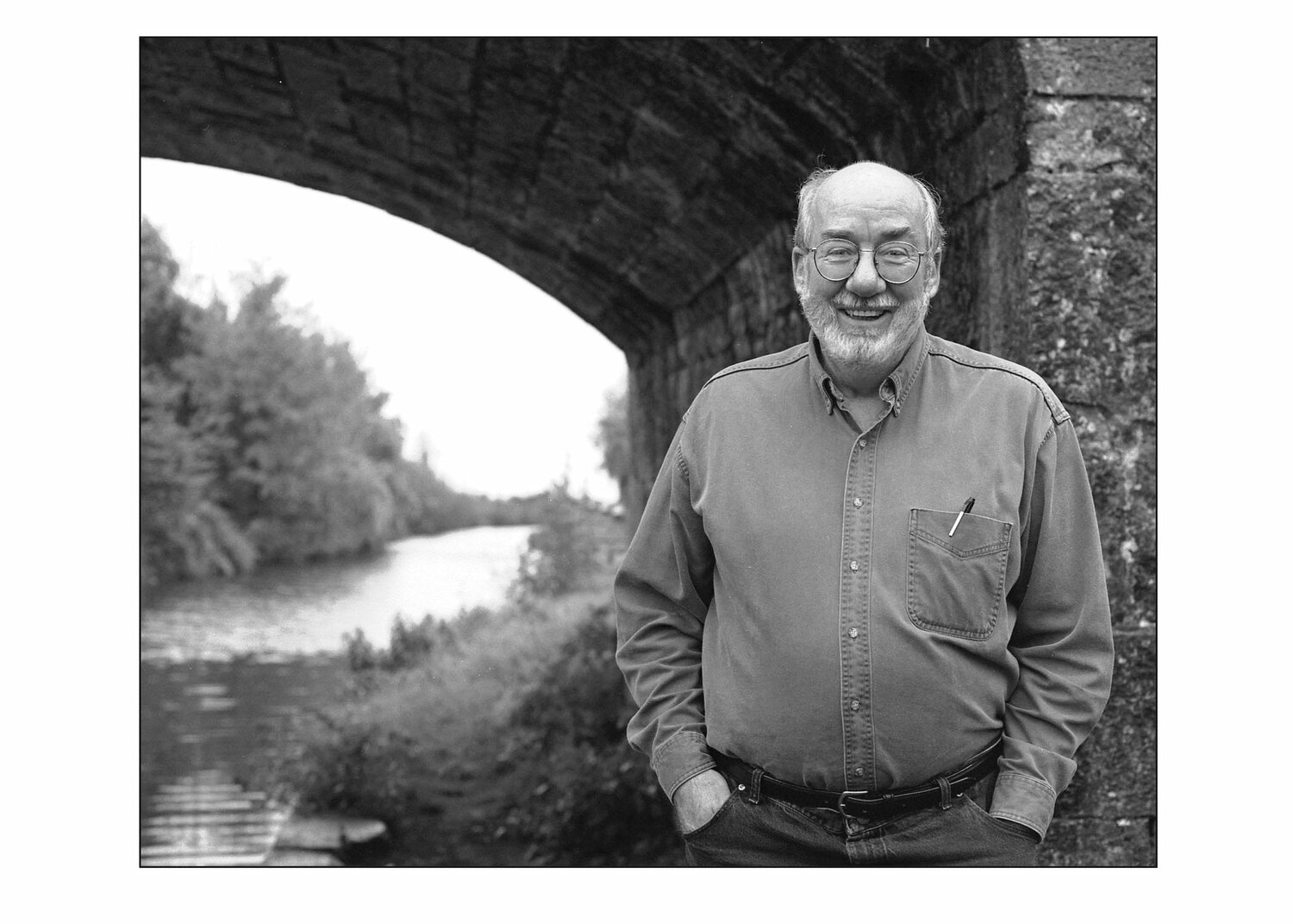Tom Phelan shares stories of Irish boyhood at Garden City event
Tom Phelan, a longtime Freeport resident, was scheduled to speak on Wednesday at the Garden City Casino, after the Herald went to press. The presentation, sponsored by the village’s Irish Cultural Society, was titled “My Irish Boyhood,” and was based on Phelan’s memoir, “We Were Rich and We Didn’t Know It,” which was published in 2019 by Simon and Schuster.
Phelan’s memoir offers an intimate look at his upbringing on a small family farm in County Laois, Ireland, where he was born in 1940.
His talk was to focus on “When Ireland was more of a different nation,” John Walsh, former president of the cultural society, said. “At that time, (Ireland) was much more agricultural than it is today. It was more religious than it is today … the Catholic Church, of course, was dominant in Ireland for all that time.”
Walsh pointed out that while most members of the organization are Irish-American, Phelan was born in Ireland. “So his background is more solid than ours,” Walsh said.
“Our organization is not loaded with writers,” he added. “But he’s our guy.”
At 84, Phelan continues to share stories of his Irish boyhood in the town of Mountmellick, drawing from a life steeped in the rich traditions of rural Ireland and his journey to becoming an author.
Life on the farm, as he describes it, was both idyllic and challenging, and contrasted starkly with the lives of most of his readers.
“Small farms in Ireland are really family enterprises,” Phelan explained to the Herald. “Everybody’s involved in taking care of it, and helping with the crops and the harvest and everything — the animals — and it’s just such a different world from the world that the people in the audience are used to.
“Some people would say that I had a wonderful childhood — the freedom of the farm — but times were very difficult, too, as a child.”
Raised in a time when farming was the backbone of Ireland’s economy, Phelan fondly recalled the tight-knit family life, when everyone played a role in keeping the operation running. He still feels sympathy for his father, who had to ensure that there was food on the table for his family.
“My father was a worker, a very hard worker on a small farm, trying to make a living out of it for his wife and five children,” Phelan recalled. “When the weather turned bad and destroyed the crops and all that kind of thing, it changed his relationship with people, because it made him very anxious, and sometimes we had to put up with his anxiety, which came out in different ways.
“But we all loved him and admired him, and thanked him for the ends he went to try and keep it all going.”
Phelan wrote of the town’s Jubilee Nurse, Dunne, one of the heroines of the country’s public health service, who provided wide-ranging medical care in the isolated community — and whom he gave a pseudonym in his memoir.
“She delivered babies — she did everything,” Phelan said about Dunne. “She fixed all kinds of wounds, sewed up people, and generally took care of the population. And she was known by everybody — and she was afraid of nobody. She wasn’t afraid of drunks who were tough on their wives. She would stand up to them and lecture them, put them in their place.”
Phelan eventually left the farm to attend high school, and then seminary — though he was still expected to work the farm during his long summers off.
At 24, he was ordained a Catholic priest. He worked with two parishes in England for about six years, but, noting the misery of the elder priests, he became disillusioned with the priesthood. He feared becoming like them — men whose lives seemed to him to be trapped in bitterness.
A chance connection with a friend brought Phelan to New York in 1970, and after a short stint working with parishes on Long Island, he left the priesthood for good.
He took on a variety of odd jobs, and spent some time in Washington state, where he attended the University of Seattle. It was there that an English professor, after reading a paper that Phelan had written, told him that he “had something going for him.”
Back in New York, Phelan became the head custodian at the Stewart School in Garden City, and he worked there for 20 years. But while he did, he nurtured his passion for writing with the support of the school’s teachers, to whom he continues to be grateful.
His first novel, “In the Season of the Daisies,” was published by the Lilliput Press of Dublin in 1993 and was later republished by the American outlet Four Walls Eight Windows. At age 52 he was officially a published author.
His wife, Patricia, whom he has been married to for 33 years, is a former editor at St. Martin’s Press, and played an instrumental role in his writing career, often serving as his first editor and sounding board. They raised twin sons together who are now in their 40s, and became grandparents a year ago.
In 1989, the Phelans bought a fixer-upper home in Freeport, which they lovingly restored. Today Tom speaks fondly of the village, its diversity and its close-knit immigrant communities, which remind him of his roots in Ireland.
While his novels — now numbering six — have garnered critical praise, “We Were Rich and We Didn’t Know It” was his first nonfiction foray into his Irish heritage.
Writing a memoir was not easy, he said, because it required revisiting deeply personal memories. Rather than following a linear timeline, it revolves around episodes from his life that stand out. These not only provide a window into Phelan’s upbringing, but also resonate with universal themes of family, community and resilience.






